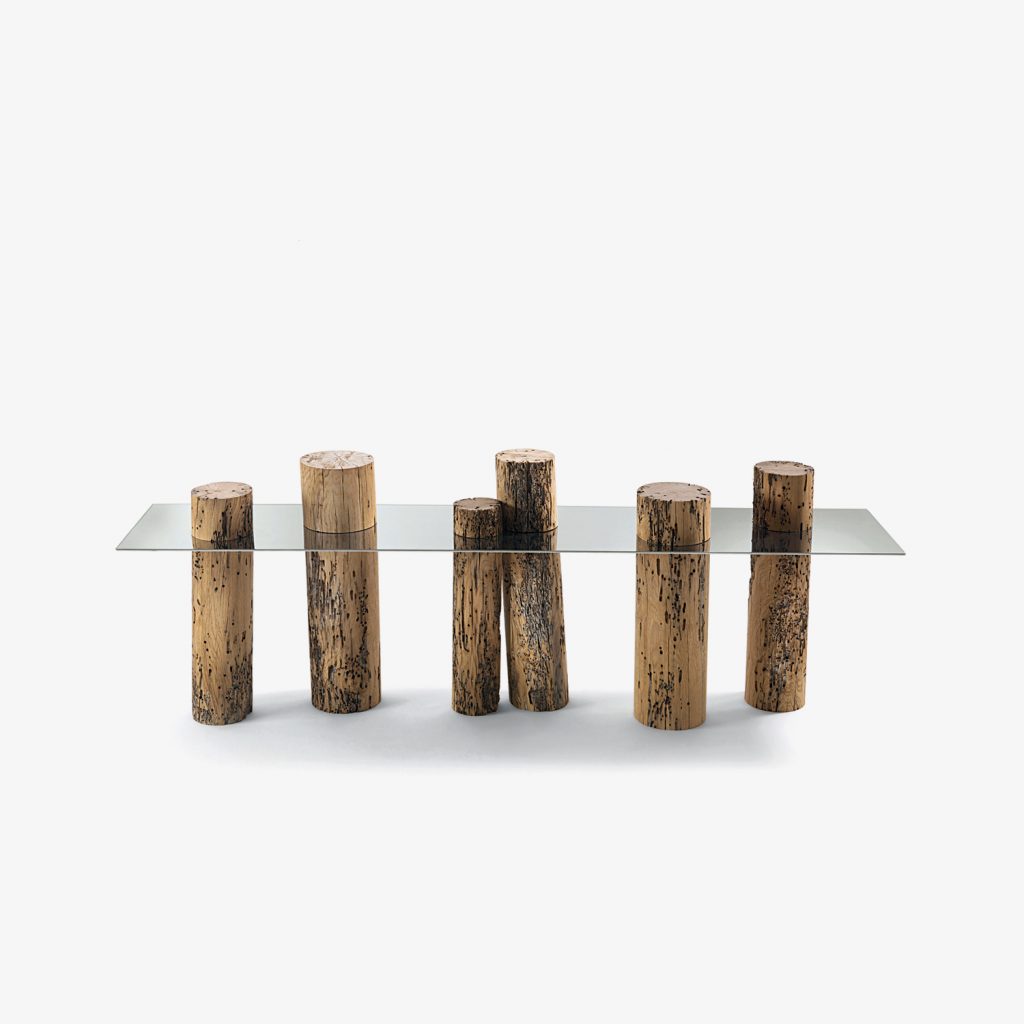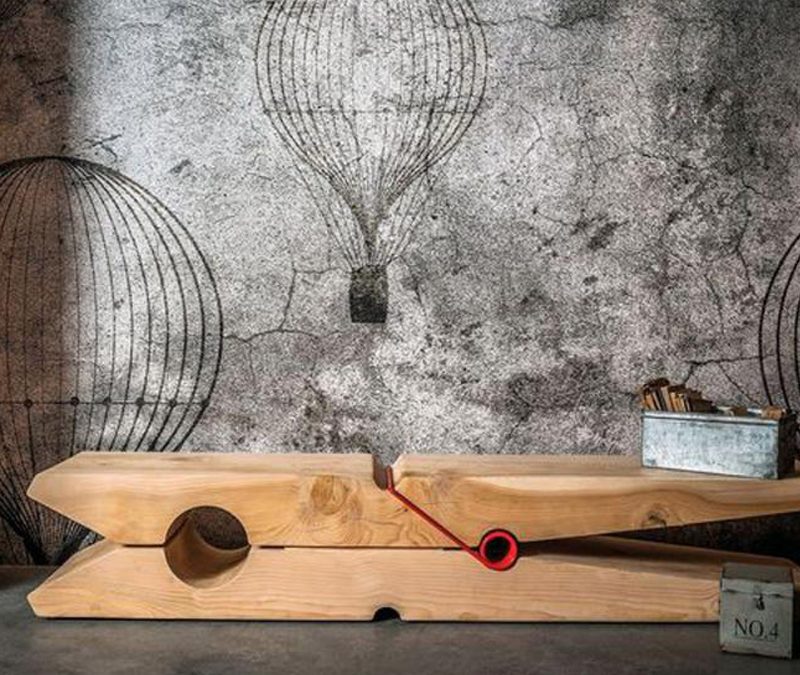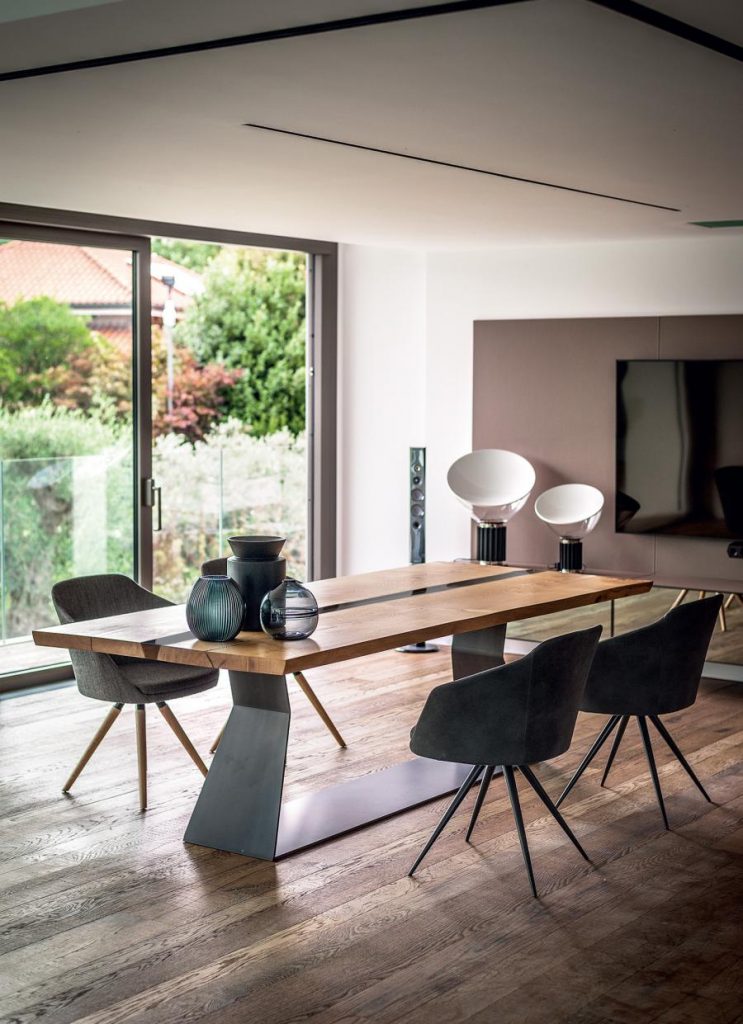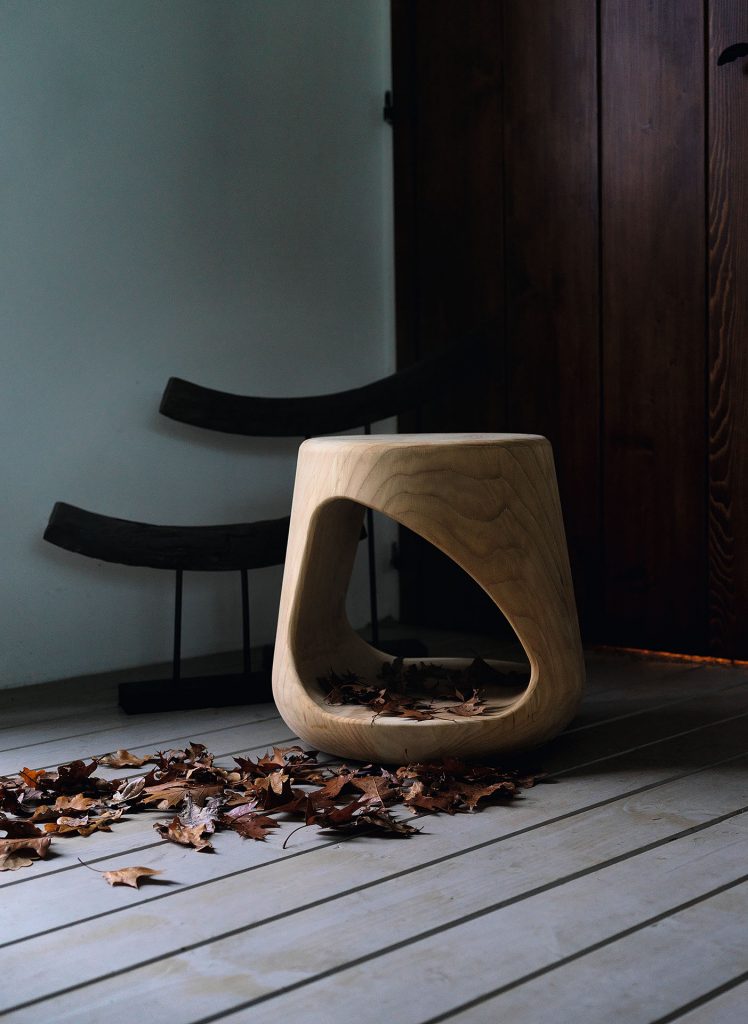Today I’m going to tell you about an all-Italian company that has made solid wood its central point.
I’m referring to Riva 1920, a company with an Italian heart that last year celebrated its 100th anniversary.
Riva 1920 was founded in Cantù in 1920 as a small family-run workshop. Its founder was Nino Romano and the workshop specialized in the production of solid wood furniture in a classic style.
The story goes on from generation to generation, and when it is the turn of the grandchildren, Maurizio and Davide Riva devote themselves to the production of custom-made furniture in the workshop below the house.
This was the beginning of an artisanal process of enhancing the value of natural wood through the use of all-natural waxes and oils, a distinctive feature of the company.
1992 is a fundamental year for Riva 1920, which presents its furniture collection for the first time at the Salone Internazionale del Mobile in Milan.
Alongside classic woods, the company introduces reused and recycled woods, such as the thousand-year-old Kauri from New Zealand, Briccole from the Venice Lagoon and Cedar from Lebanon.
The company then continues to expand and produce new objects. It collaborates with very well-known names on the design scene, including David Chipperfield, Fabio Novembre, Karim Rashid, Mario Bellini, Mario Botta and Philippe Starck.
Among his most important products we can remember Molletta, Dadone, Clessidra and Fjord.
What is fascinating about the company is this: 100 years later, in a world where solid wood is used less and less, they manage to create perfectly contemporary and fashionable pieces with this material, and to dominate the furniture scene with their history.
The ability to work with wood and the great mastery in being able to offer fresh, modern but also particular furniture has allowed the company to grow and expand exponentially, and puts it rightfully at the center of the current design scene.

CURIOSITY:
Venetian briccole guide boats and signal low tide in the lagoon; when they wear out they must be replaced, and Riva 1920, with its attention to the environment, has decided to use them for some of its products.


